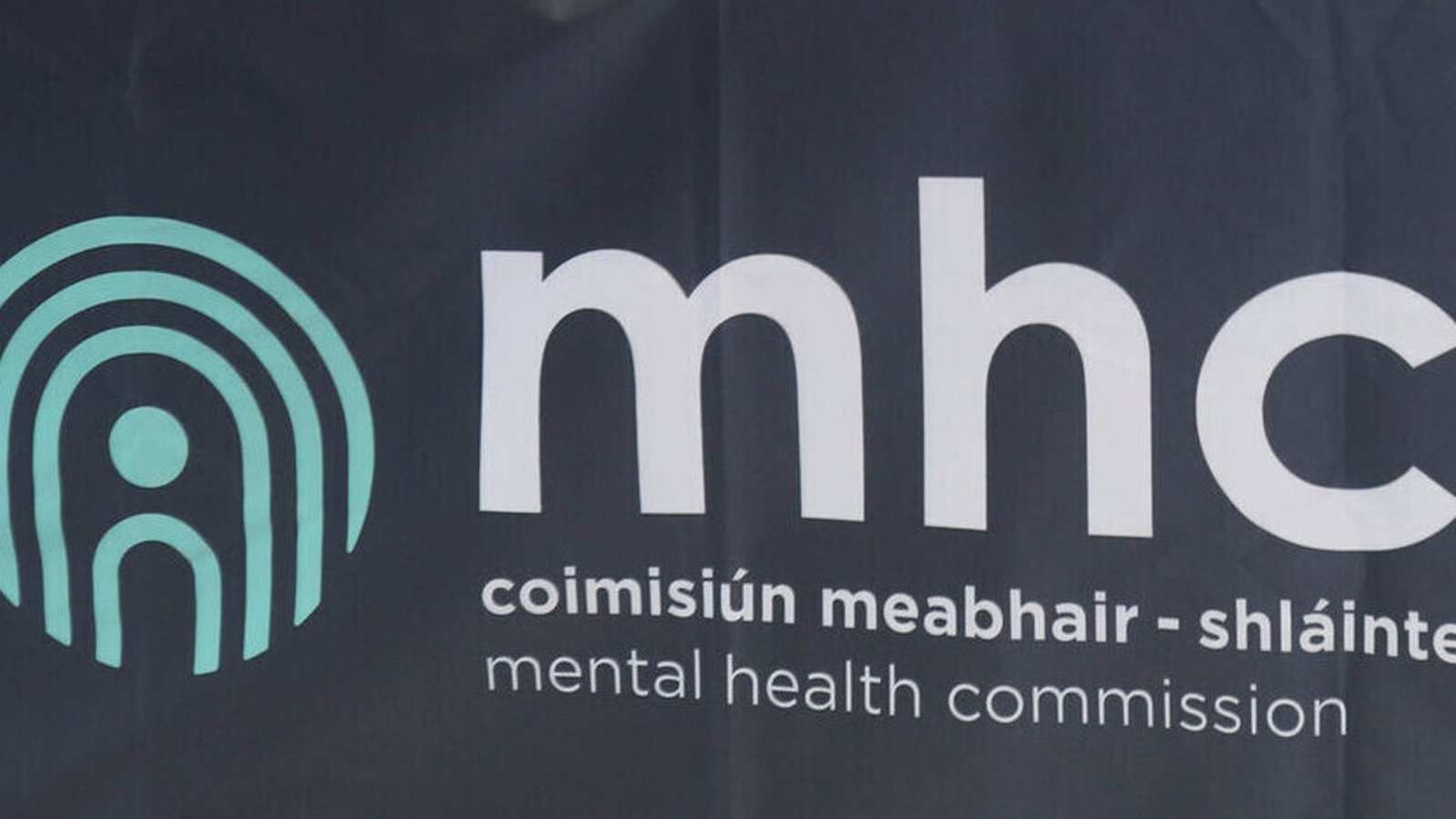There has been a significant decline in the use of restrictive practices – such as seclusion and physical restraint – across Irish mental health services in the past seven years.
A report by the Inspector of Mental Health Services shows that the number of restrictive episodes in approved mental health centres fell by 62% from 2018 to 2024.
There has also been a 91% reduction in seclusion and physical restraint in Child and Adolescent Mental Health Services (CAMHS) over the same period.
In January 2023, the Mental Health Commission banned the use of mechanical restraint on children.
There was an 80% decrease in seclusion episodes and a 57% decrease in physical restraint episodes in CAMHS approved centres between 2023 and 2024.
In the report, Professor Jim Lucey said children were “specifically protected” from restrictive practices in Irish mental health care through a human rights-based approach.
Overall, the rate of decline in seclusion episodes in 2023 and 2024 was almost twice that seen in the preceding four years.
Similarly, the rate of reduction in the number of people physically restrained between 2023 and 2024 was twice that seen in the preceding four years.
The majority of episodes of physical restraint in 2023 (97.4%) and 2024 (97.9%) were ten minutes or less.
Over three quarters lasted five minutes or less.
Two approved centres reported use of mechanical restraint in 2023, and one in 2024.
Revised rules introduced a maximum duration of four hours for an order of mechanical restraint for immediate risk.
All episodes in 2023 and 2024 were described as being used for “transfer purposes to and from court/hospital” where there was an immediate threat of serious harm.

